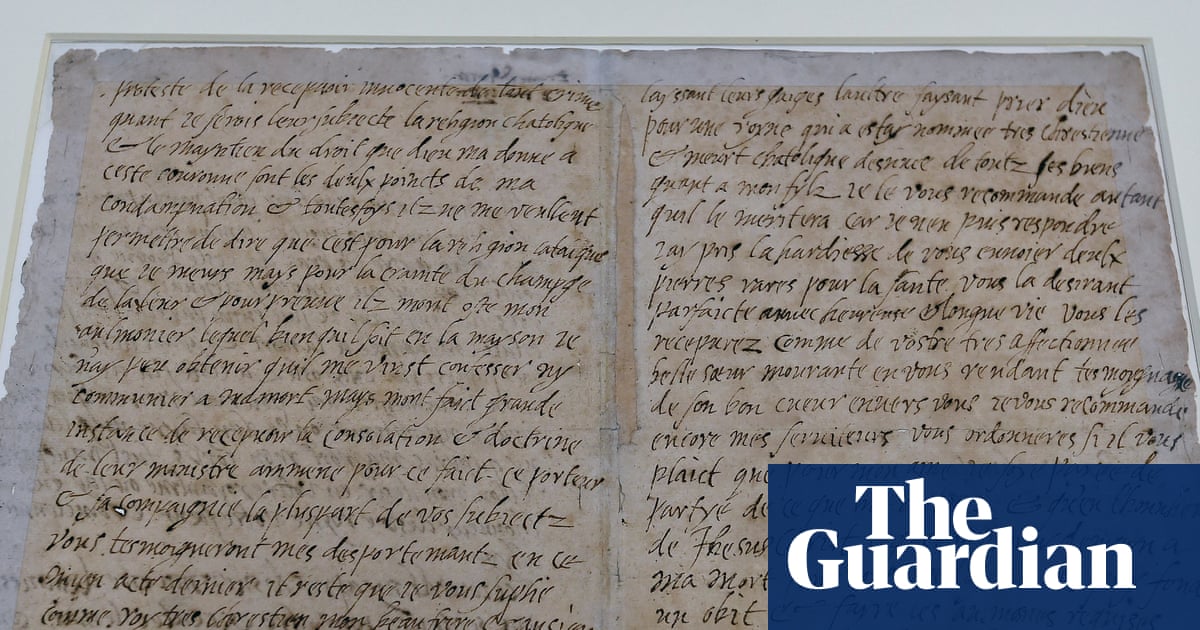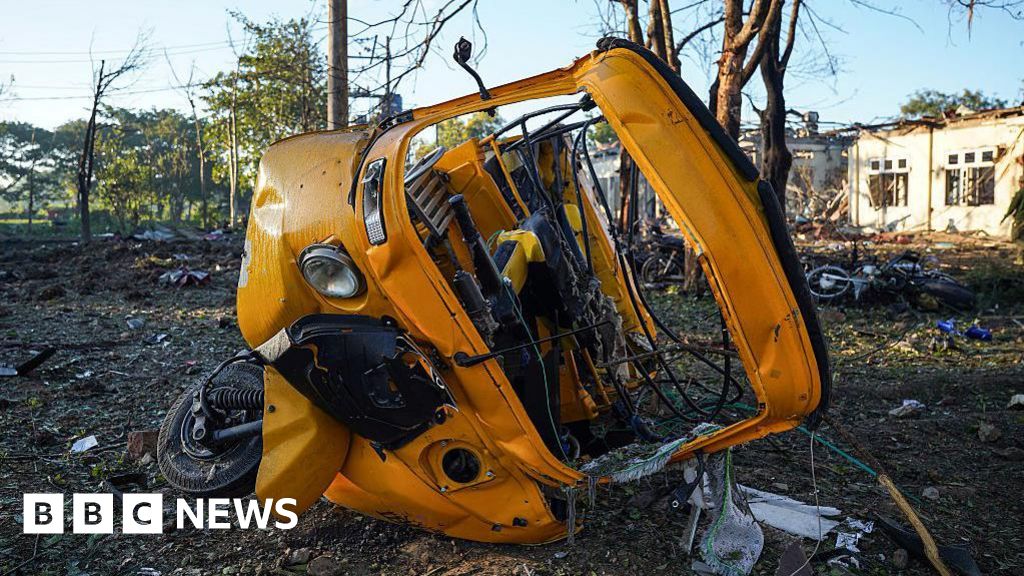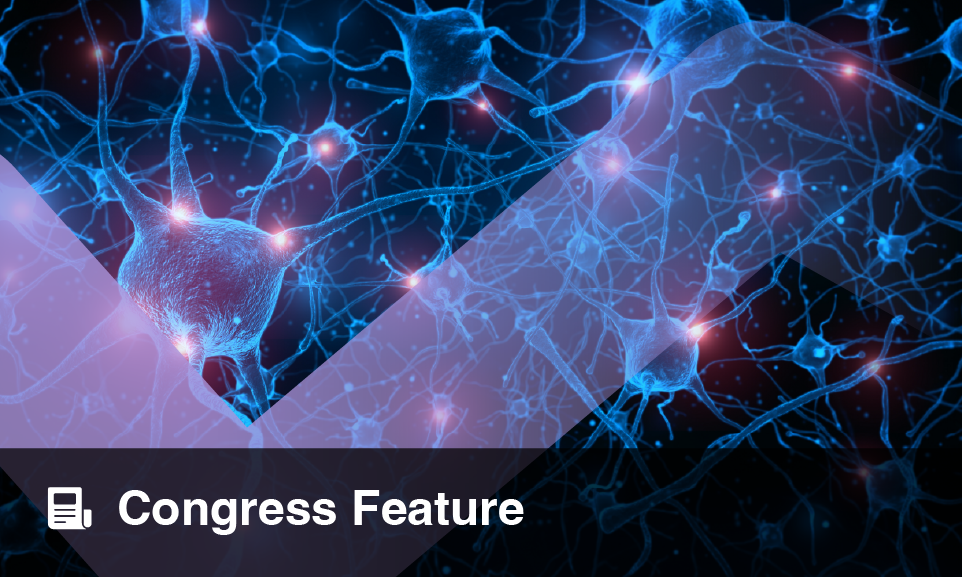AT THE European Association for the Study of Diabetes (EASD) Annual Meeting, held in Vienna, Austria, from 15th–19th September 2025, the session ‘Diabetic Neuropathies in the Era of Precision Medicine’ offered a comprehensive and…
Author: admin
-

Pakistan launches new online fingerprint verification system for passport applicants
Fingerprint issues for online passport applicants resolved with new verification system
The Passports Department has launched a new online verification…
Continue Reading
-

IOC announces renewal of Olympic Games media rights with CazéTV
Under the agreement, CazéTV will bring extensive Portuguese-language digital coverage of upcoming Olympic events to audiences in Brazil. This will include at least 100 hours of coverage from the Milano Cortina 2026 Olympic Winter Games, 500…
Continue Reading
-

Taylor Swift Declares Her Colors for the Holiday Season
Indulging in a wintry palette, Swift has very much staked her claim on the dark and sumptuous shade of burgundy—several shades darker than the Kansas City Chiefs tone of cherry red. Hosting a screening of her forthcoming The End of an Era tour…
Continue Reading
-

Sindh launches Pakistan’s first-ever drone-operated e-challan system – Pakistan
Sindh Police has launched its first-ever drone-operated e-challan system to monitor traffic violations.
The Traffic Regulation and Citation System has deployed drones for covert patrols across different areas.
On…
Continue Reading
-
Pakistan Convicts Its Powerful Former-Spy Chief for Power Abuse – Bloomberg.com
- Pakistan Convicts Its Powerful Former-Spy Chief for Power Abuse Bloomberg.com
- Ex-ISI chief Faiz Hameed sentenced to 14 years imprisonment by military court The Express Tribune
- Pakistan’s former spy chief sentenced to 14 years in jail Al…
Continue Reading
-

Final letter of Mary, Queen of Scots to go on display for first time in almost a decade | Scotland
A letter written by Mary, Queen of Scots hours before her execution in 1587 will go on display for the first time in nearly a decade when it forms part of an exhibition in Perth next year.
Mary wrote what is believed to be her last letter at 2am…
Continue Reading
-

Zuno spotlights safe driving with an unconventional SmartDrive campaign
Zuno General Insurance, a the digital insurance company has unveiled its latest mass media campaign, ‘Good Drivers Choose Zuno’, created to spotlight its flagship product Zuno SmartDrive, India’s first telematics based, app-led car…
Continue Reading
-

More than 30 dead after military air strike hits hospital
At least 34 people have died and dozens more are injured after air strikes from Myanmar’s military hit a hospital in the country’s west on Wednesday night, according to ground sources.
The hospital is located in Mrauk-U town in Rakhine state, an…
Continue Reading
-

Heartflow FFRCT Analysis Delivers Prognostic Power and
MOUNTAIN VIEW, Calif., Dec. 11, 2025 (GLOBE NEWSWIRE) — Heartflow, Inc. (Heartflow) (Nasdaq: HTFL), the leader in AI technology for coronary artery disease (CAD), announced two new analyses from FISH&CHIPS, a real-world, multicenter,…
Continue Reading
